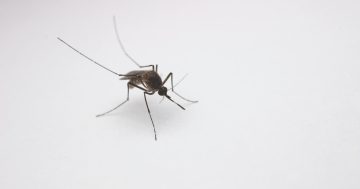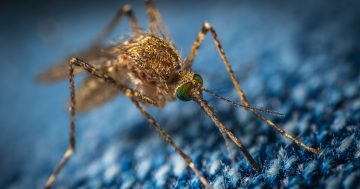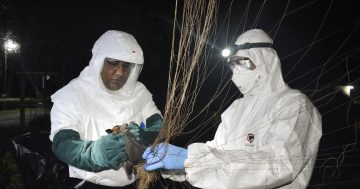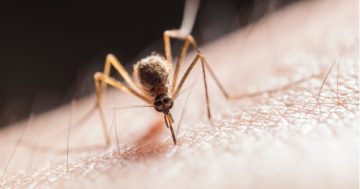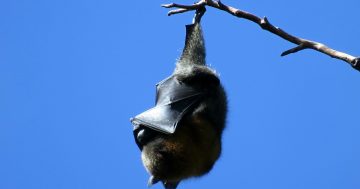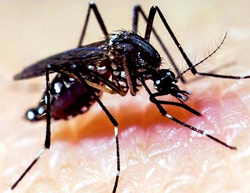 The Department of Health has reported that a new case of Murray Valley encephalitis (MVE) has been confirmed in WA.
The Department of Health has reported that a new case of Murray Valley encephalitis (MVE) has been confirmed in WA.
Managing Scientist, Andrew Jardine said the adult concerned was potentially exposed to infected mosquitoes while travelling in the East Kimberley and the Northern Territory.
“This is the third confirmed case of MVE reported in WA since 2018 (and the second this year), Dr Jardine said.
“Nationally, there have been 13 cases of MVE reported so far in 2023,” he said.
“This new case followed recent MVE virus detections in mosquitoes and sentinel chickens across the north of the State and sadly, the death of a WA child from MVE in March.”
He said the latest was a fresh warning to the public not to be blasé about mosquito bites.
“Protecting yourself from mosquito bites is the best thing you can do to avoid the virus as there is no vaccine or specific treatment for MVE,” Dr Jardine said.
“Avoiding bites will also protect against other infections carried by mosquitoes including Japanese encephalitis and Kunjin viruses.”
He said that while the risk of being infected and becoming sick was low, the illness caused by MVE could be severe and even deadly.
“First symptoms include fever, drowsiness, headache, stiff neck, nausea, and dizziness,” Dr Jardine said.
“If you have these symptoms, seek medical advice as soon as you can.
“In severe cases, people can have seizures, lapse into a coma, be left with permanent brain damage, or die,” he said.
He said that in young children, fever might be the only early sign of infection, so parents should see their doctor or local health service if concerned, particularly if their child experienced drowsiness, floppiness, irritability, poor feeding or general distress.


